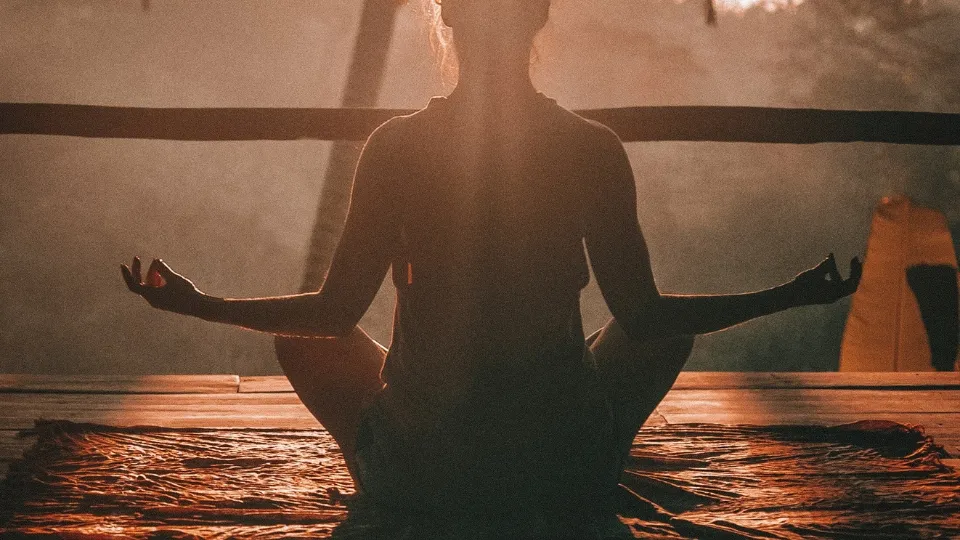
Marlon Woods, Kaylah-Blayr Fitzsimons-Nu’u, and others reveal their secrets to maintaining a work-life balance.
As Instructors, we dedicate a huge amount of time to helping people achieve their health and wellness goals. While teaching may bring us joy, the physical and emotional demands can lead to burnout, fatigue, and even injuries. Our intense focus on bringing our best for members can make it easy for us to forget that we, too, need rest and recovery.
At Initial Training, we learn about the importance of being a role model for our members. This not only refers to our physical movements, but also our holistic approach to training. Members can tell when we’re showing up to class physically exhausted, or not bringing our normal positive energy. Les Mills Ambassador House Chaalane says it’s crucial to listen to your body.
“When you feel tired, overwhelmed, or experience pain, paying attention to these small signals can help prevent poor performance or, worse, injury. For a fitness professional, dealing with an injury is one of the most frustrating challenges. Your body is your tool, it's essential to take care of it. We often focus so much on caring for others that we neglect our own well-being. As role models, it's our responsibility to prioritize self-care. And that means not only looking after our physical health, but also our mental health.”
Read on to learn how Masterclass Presenters prioritize time for self-renewal, so they can retain their passion for teaching, as well as ensure career longevity.

Natasha Vincent: Balance out your training
Balancing motherhood with teaching, presenting on Masterclass, her own training, and her role as Group Fitness Manager at Les Mills Auckland City doesn’t leave Natasha Vincent much downtime. To ensure she can give her best to all roles, Tash is careful to balance out her training and give herself time to prepare for more demanding events like LES MILLS LIVE Berlin.
“I used to always experience burnout during filming week because I would go from doing my normal volume of classes into a massive week of rehearsals. For Berlin, I’m working with [Technical Consultant] Rob Lee and [Personal Trainer] Corey Baird to ensure my training is well rounded and we can slowly build up to the volume of filming week. This means making sure I’ve got all the components of strength, cardio, core and mobility in my week, and then gradually adding in extra workouts so that by the time filming comes around, my body has adapted to the additional volume it will need to cope with.”
Tash returned to filming nine months after giving birth, which she now acknowledges she wasn’t ready for.
“I went from training 1-2 times a week to a full filming week for BODYCOMBAT™ and LES MILLS GRIT™ Cardio. By day two I was ruined. I was still rebuilding my fitness and juggling life as a new mum and the rehearsals were too much, physically and mentally. Out of eight years of filming, this was by far the worst. I was pushing for fitness I just didn’t have, and my body wasn’t responding. I got injured that week and it took me several weeks to recover – it was the biggest burnout ever.”
As Group Fitness Manager, Tash advises Instructors to review their teaching / training schedule and ensure they’ve got a good balance of strength, cardio, core and mobility.
“It can be easy as Instructors to take on another strength class, or another cardio, but it’s really important to make sure you’ve got a routine that cares for your body and isn’t too heavy on one thing. And if you do have a week where you take on more than usual – covers, launches etc – then think about how you de-load from that week and then build back up to normal. We often do far more exercise than professional athletes, and they schedule in lots of recovery and periods of de-loading. If every day for you is a high-performance day, then of course you’re going to burn out. That’s been my biggest learning this year. I used to just use my classes for training, but now I attend other people’s classes to ensure my training is balanced.”
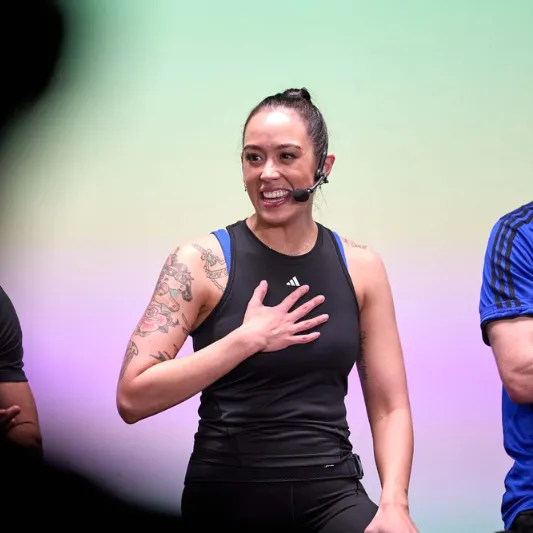
Dee Rowell: Fill your own cup
As a Mum, nurse and fitness Instructor, all three of Dee Rowell’s ‘jobs’ involve giving a lot to others. To ensure she has enough energy in the tank, she makes sure she has one self-care activity every week.
“My self-care looks different week to week, but I do always make time to have one activity that fills my cup back up. I think this is so important for fitness Instructors, because we can’t pour from an empty cup. We give so much of ourselves to others and we’re always there for our members and classes, but this can be really hard to do if your energy levels are depleted.
“I feel this very deeply as a Mum, nurse and Instructor. I used to just give and give and give, but I’ve become much better at eliminating things in my life that aren’t working so I can avoid burnout.
“I try to notice the signs of burnout so I can stop it before it gets worse. These might be feeling tired all the time, getting snappy with others, my emotions being dysregulated, or I just feel like I’m constantly chasing my tail. I might also not be finding joy in the things I normally do — like teaching.
“When I’m in this state, the first thing I try to do is identify it (I’m getting burnt out) and then identify the cause – have I taken on too much? Is there something in my schedule that's no longer bringing me joy? And then take action to fix it.
“My advice to other Instructors is to try to be in tune with yourself so you can avoid burnout before it happens. It’s okay to be a little bit selfish sometimes. I think we’re all quite selfless people in the fitness industry, but it’s okay to take back a little so you can give a little bit more.”
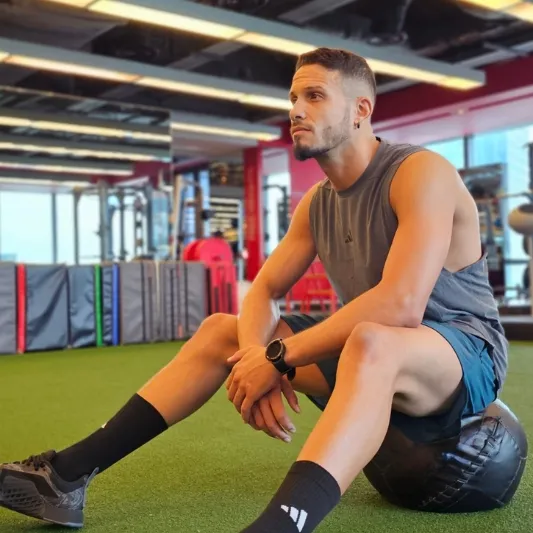
House Chaalane: Yoga
House Chaalane is a big fan of yoga to help keep him unwind both physically and mentally.
“I have a bit of a mobility routine and try to do yoga every time I have the chance to. It calms me down and helps prevent burnout and injuries. I try and do it whenever I have a spare moment in between classes, joining colleagues’ yoga classes as much as I can. As well as the physical benefits, it's also great for my mental health. We always think that being a fitness Instructor is physically tiring, which is true, but the mental part of the job is also huge, not to say more sometimes. Good mental health maintains a good body. If you're not in a good space mentally, your body won’t be able to perform.”
As a French native living in Singapore, he experiences an extra layer of fatigue when it comes to constantly interacting with people in a different language.
“I need some ‘me time’ every now and then. It doesn't have to be anything extravagant, just a moment to relax on my own. I spend most of the day talking, whether I'm teaching, explaining things, or chatting with members, colleagues, and friends. Since English isn't my first language, when I'm tired, it can be hard to keep up and find the right words! It's like my brain says: 'Bro, I need a break for a few minutes.' So, both physically and mentally, I sometimes need to hit pause and recharge. I usually do something low-effort like watching shows, documentaries, or playing video games, just disconnecting.”
Having experienced burnout first-hand, House is now extra careful not to take on too much.
“A few years ago, during COVID, my wife had to return to France for visa reasons while I stayed in Singapore alone. We had just moved to Singapore during the pandemic, so I didn’t know many people, and we couldn’t socialize. She left in August, and I knew we’d reunite in October when I was going back to France for the holidays. During that time, from August to October, all I did was work – non-stop. I covered an insane number of classes because I had a lot of free time and wanted to stay busy to make time pass faster without her. But in doing so, I completely lost track of how much I was pushing myself.
“By the time I flew back to France, I was utterly exhausted. For the first five days, it felt as though my body had given up on me – every time I moved, I thought I’d get injured. I slept almost non-stop. Between the heavy workload and jet lag, I was shattered, both physically and mentally. When I arrived in France, it was obvious to everyone that I wasn’t doing well. Thankfully, being around my family and loved ones helped me recover. I took things slower, paced myself, and got back on track. That experience made me realize how important it is to be mindful about overworking and always having time to rest.”
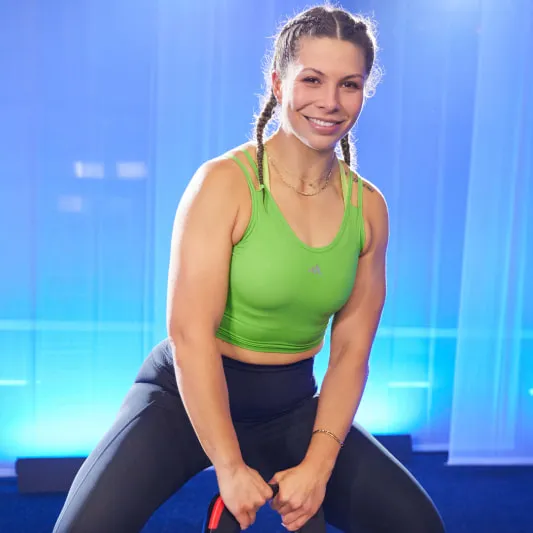
Kaylah-Blayr Fitzsimons-Nu’u: Set boundaries
Kaylah-Blayr Fitzsimons-Nu’u credits never experiencing burnout to the support of her family and colleagues.
“I’ve been lucky enough to not have had a major burnout. Working under Diana [Archer Mills], she’s been amazing at making sure our workload is achievable and that we take appropriate leave/rest time. She also makes sure we have the tools and ability to reach out if we do feel burnt out. I make sure I have time to myself to get the little things done, and I do have honest conversations with Diana and my family to make sure I’m tracking okay. Sometimes you don’t know you’re burning out until someone else points it out.”
As a busy Instructor, Creative and Masterclass Presenter, Kaylah-Blayr is also careful to de-load volume if she feels that the physical toll is too much.
“I listen to my body when it comes to training, and make sure I’m choosing the right option for how I’m feeling or where I am in my menstrual cycle. It’s about being smart with my training so I’m not thrashing my body when I’m exhausted.”
Kaylah-Blayr’s self-care routine includes setting boundaries when she knows she needs time to herself.
“You give so much time, effort and energy into members, clients, teammates and just the job itself, that sometimes you don’t realize how exhausted you are. Self-care is important because to be the best for everyone else, you need to be at your best. If my social battery is low, I don’t feel bad about saying no. To me, self-care is stretching or no exercise at all, spending time with my partner, family, and very close friends, and making myself feel pretty, haha! Getting my nails and hair done, fake tan etc.”

Bronté Terrell: Take time off
As a Group Fitness Manager, Masterclass Presenter and Instructor, Bronté Terrell is no stranger to taking on more than her fair share of work.
“I’ve experienced burnout a few times. I teach a high volume of classes at multiple gyms, along with trying to juggle other jobs, relationships, and life. I've always been a huge people pleaser and, despite hearing the voice in my head that says: ‘You need to stop, Bronté, slow down', I've pushed and pushed to the point of physical and mental breakdown. I’ve hit real rock bottom of not wanting to move from my bed: being physically poorly and also wiped mentally, which at one point did spiral for me.”
The Presenter says that accepting she needs time off is something she used to struggle with.
“Avoiding burnout has been tricky over the years. The key for me is recognizing when I am on the edge and need time out — to get a handful of classes covered and tap out for a few days to calm my body and mind.
“I try to take a weekend away every few months to North Wales. There are all these beautiful mountain ranges which bring me peace, quiet and calm. I used to feel a tremendous amount of anxiety by tapping out and getting a class covered — fear of what people might think, fear of letting my members down, fear of a lot of things. But I now realize that tapping out is necessary for me to carry on showing up with optimal physical and mental health.”
Bronté says that learning to say ‘no’ has been a game changer for her.
“I'm not here to plug Kylie Gates’ life coaching, but I’ve had a handful of coaching blocks with her now, and I can honestly say that her tools — the boundary setting and learning to say no to what doesn't serve me — have helped me navigate life differently. It's inevitable we get worn out from time to time, pick up colds, get a little down, but the burnout is nowhere near how it used to be before implementing these tools. They’ve been an absolute life changer.
Her advice to other Instructors is to “learn your non-negotiables”.
“Learn to be okay with setting boundaries and saying no to what doesn’t serve you (you may want to help out but if saying yes to an additional cover class is going to push you over your threshold, don't do it). It might sound really selfish and I felt very uncomfortable doing this at first, (as a people pleaser) but this was a game changer. Honestly, if I go over one additional class weekly, I know my body and my mind start to feel negative and it's just not worth it.”
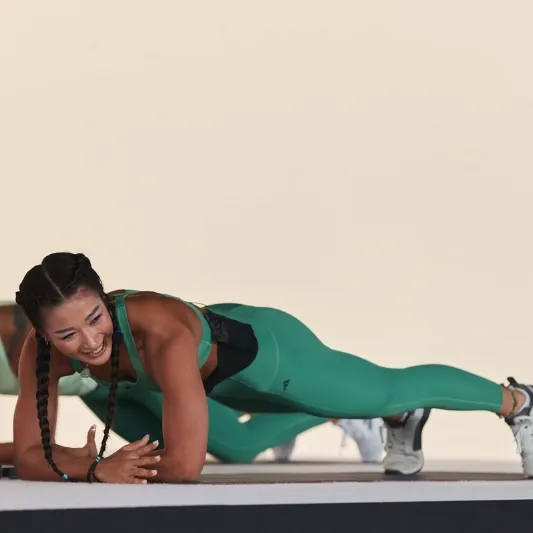
Maggie Cheng: Meditation
Maggie Cheng is a big fan of meditation and heading to the beach to wind down when she needs to decompress.
“My self-care non-negotiables are having enough sleep and time to do my own training. To me, self-care is enjoying quiet time by myself. To avoid burnout, I will calm down and meditate. If I can, I’ll arrange a trip. I love to look out at the sea and just think about what I need. I also love listening to music and camping with friends. It’s important to think about who you want to be in the future, and what you need to adjust in your life to make that happen.”
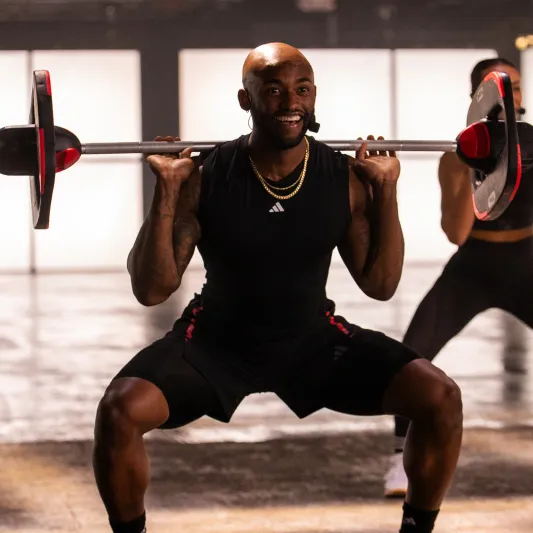
Marlon Woods: Less is more
Marlon Woods is one busy man. Alongside his role as Les Mills Ambassador, he also works for Les Mills International as the Voice of Customer Specialist. He juggles multiple hats by making sure he doesn’t take on too many things at once.
“My self-care mantra is ‘less is more’. When I’m trying to do too many things I get overwhelmed. Free time used to make me anxious. Now I embrace it. Slow and steady is when I know I’m looking after myself. My self-care non-negotiables are exercise outside of my classes, yoga, reading, meditation and swimming. I also systematically work breaks into my training periodization.
“I experienced burnout in 2021-2022. I was in the thick of a degree, writing a book, training for an Ironman, working, and questioning whether I was doing enough with my life – all at the same time. I methodically made my way through my massive ‘to-do’ list, prioritizing the time-sensitivity and importance of each task. July/August 2022 when I was finally able to breathe.”
Marlon’s advice to other Instructors is to find their own path to self-care.
“Find out what works for you. Don’t watch YouTube, Instagram, or TikTok and take it as gospel. Trial and error are your friends. Self-care looks different for all of us, but it doesn’t mean making excuses for ourselves. It’s a hard balance to strike, but it’s necessary in the long-term.”
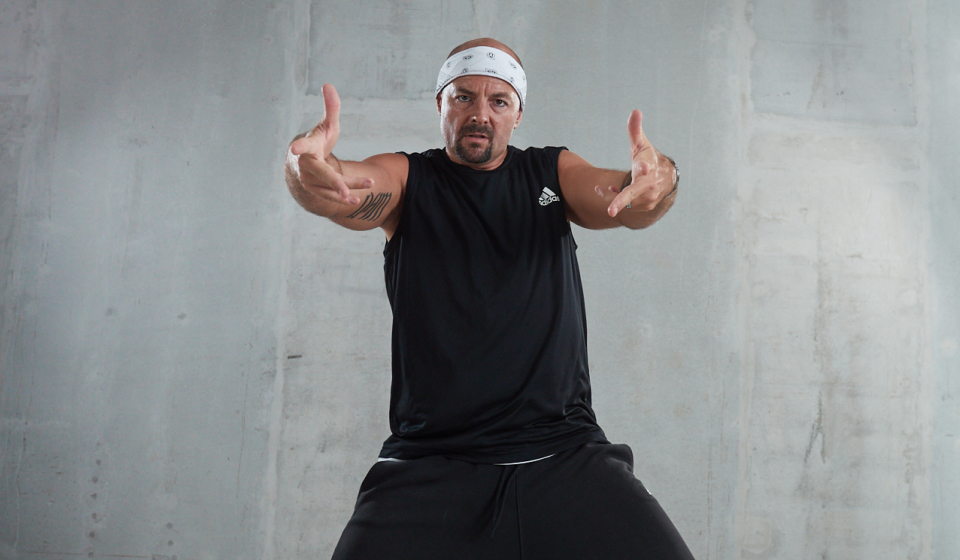
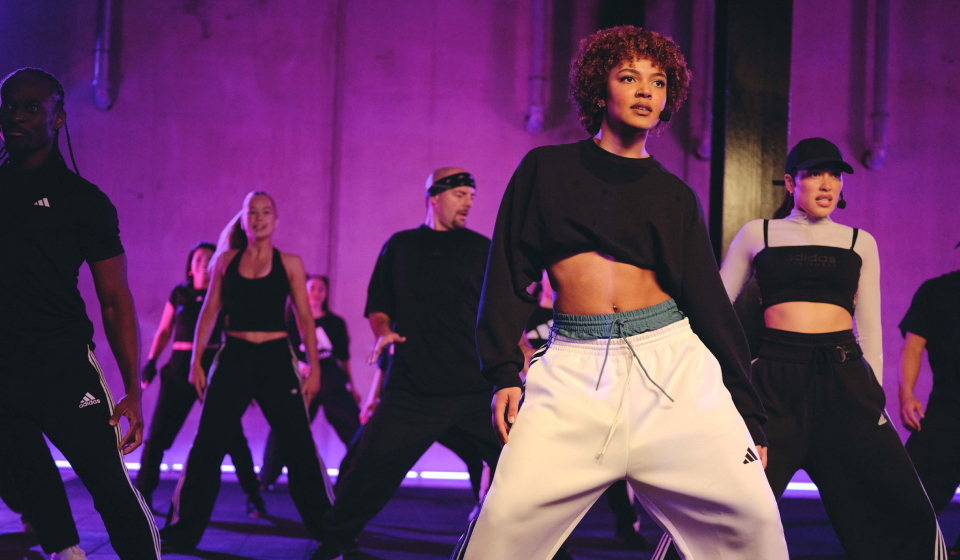
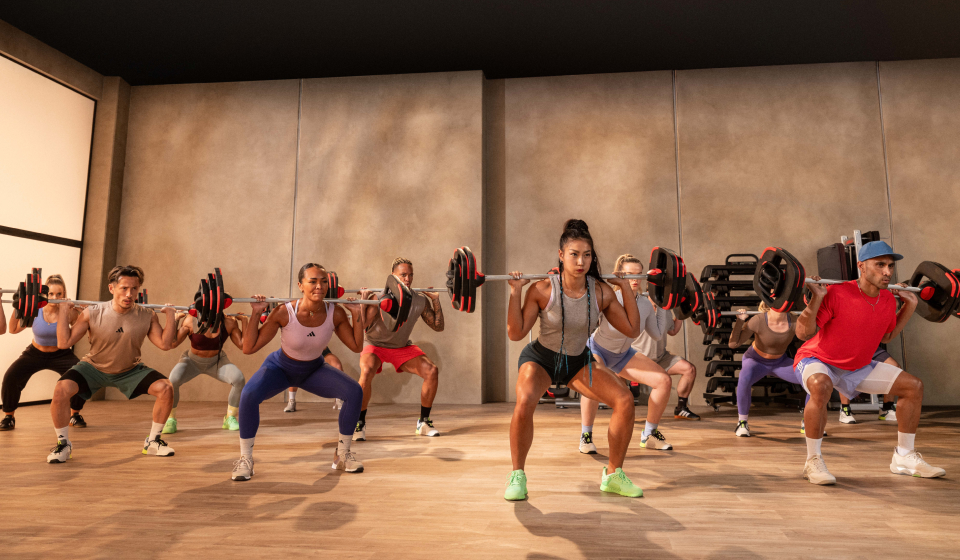

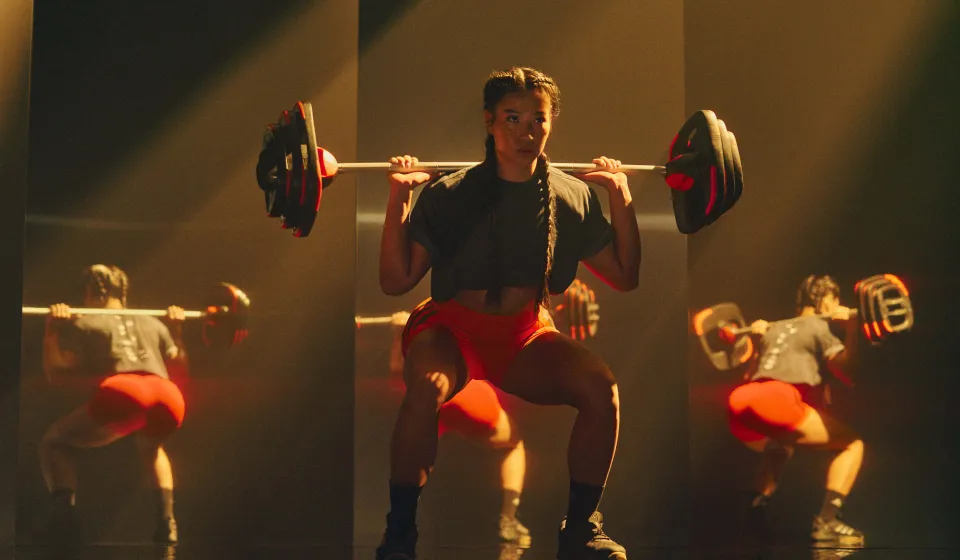

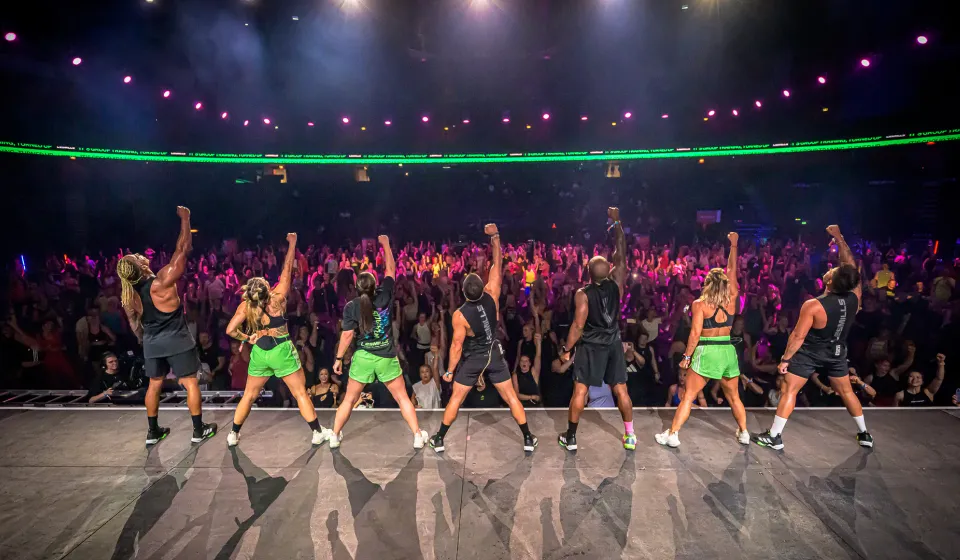

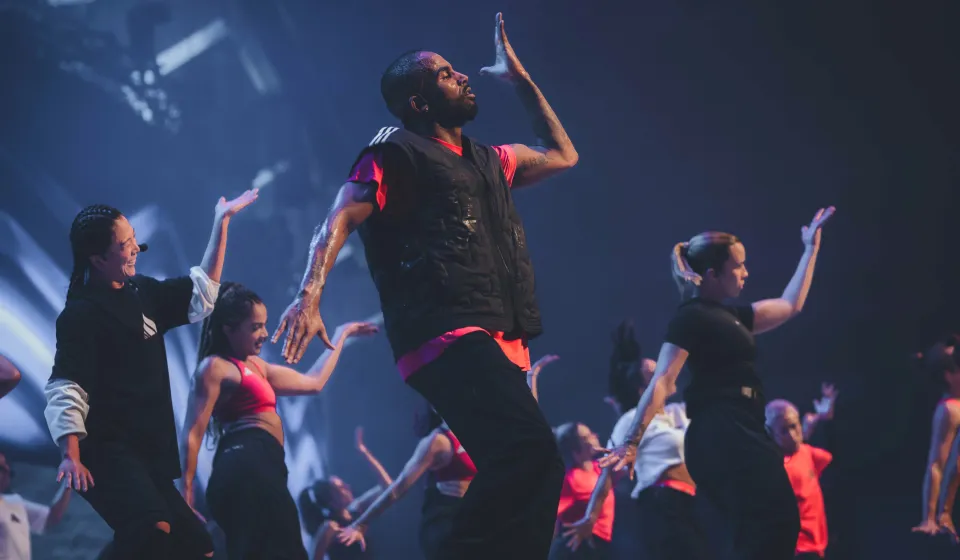
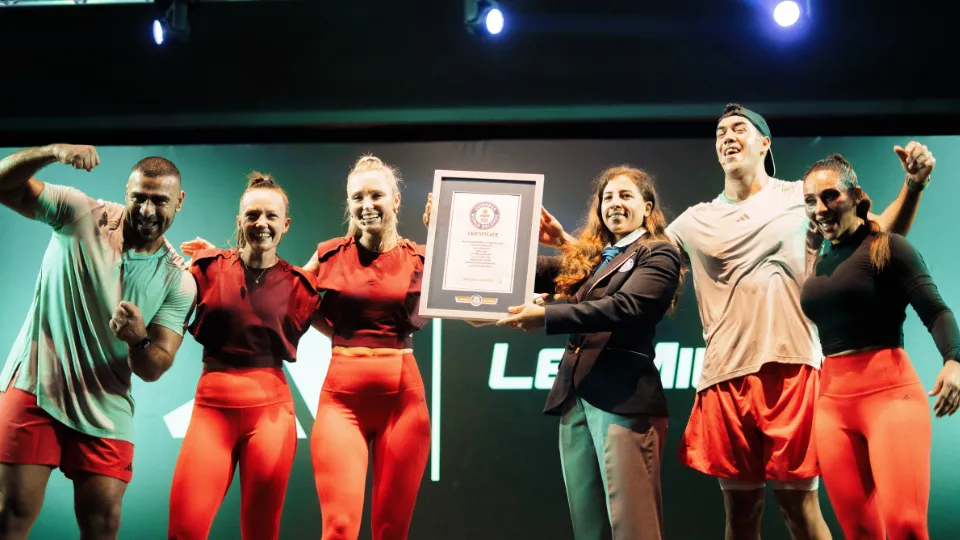
.webp)
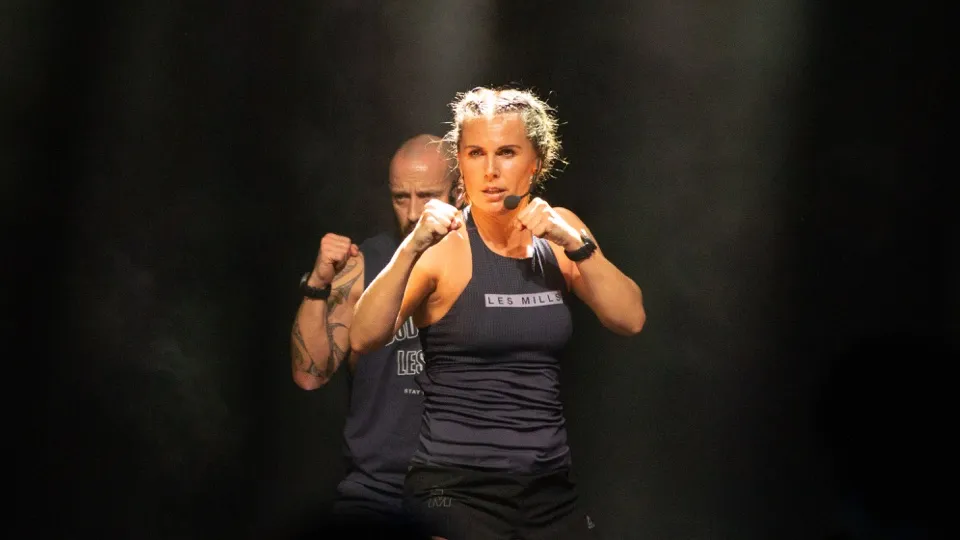
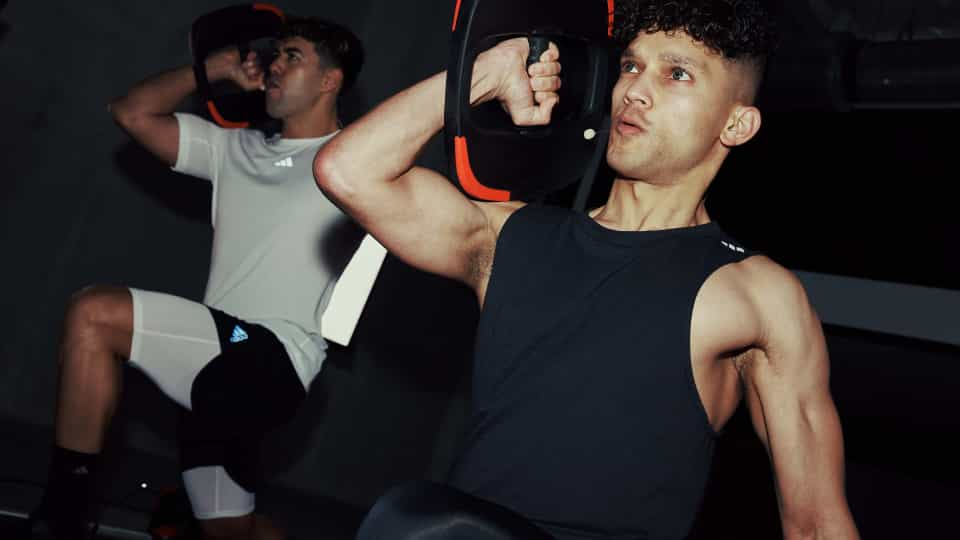
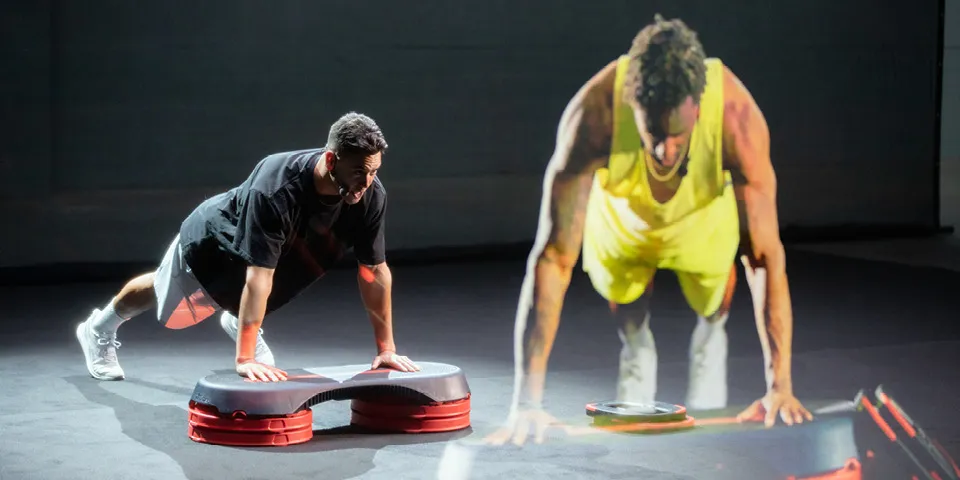






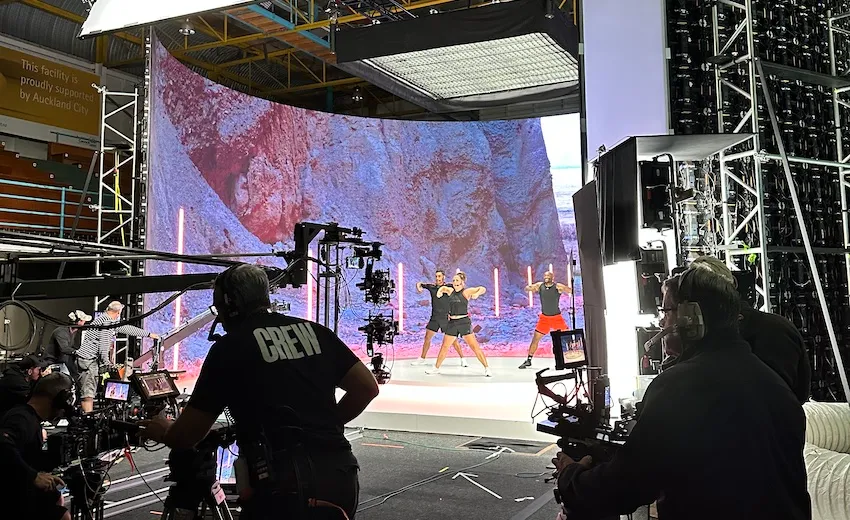
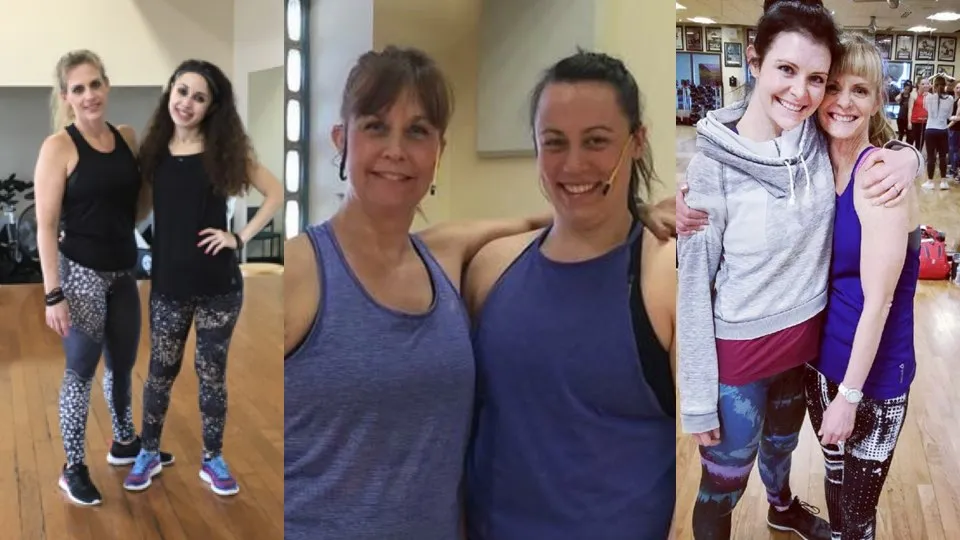
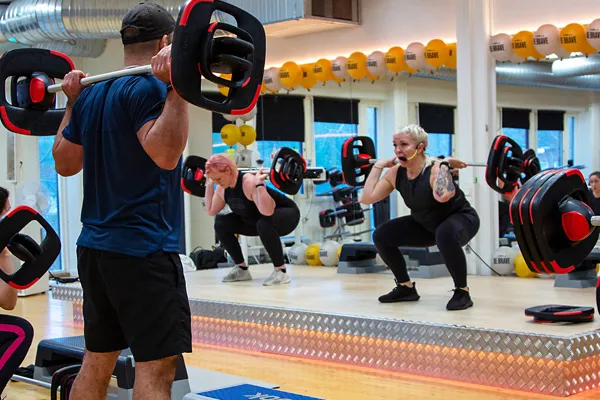

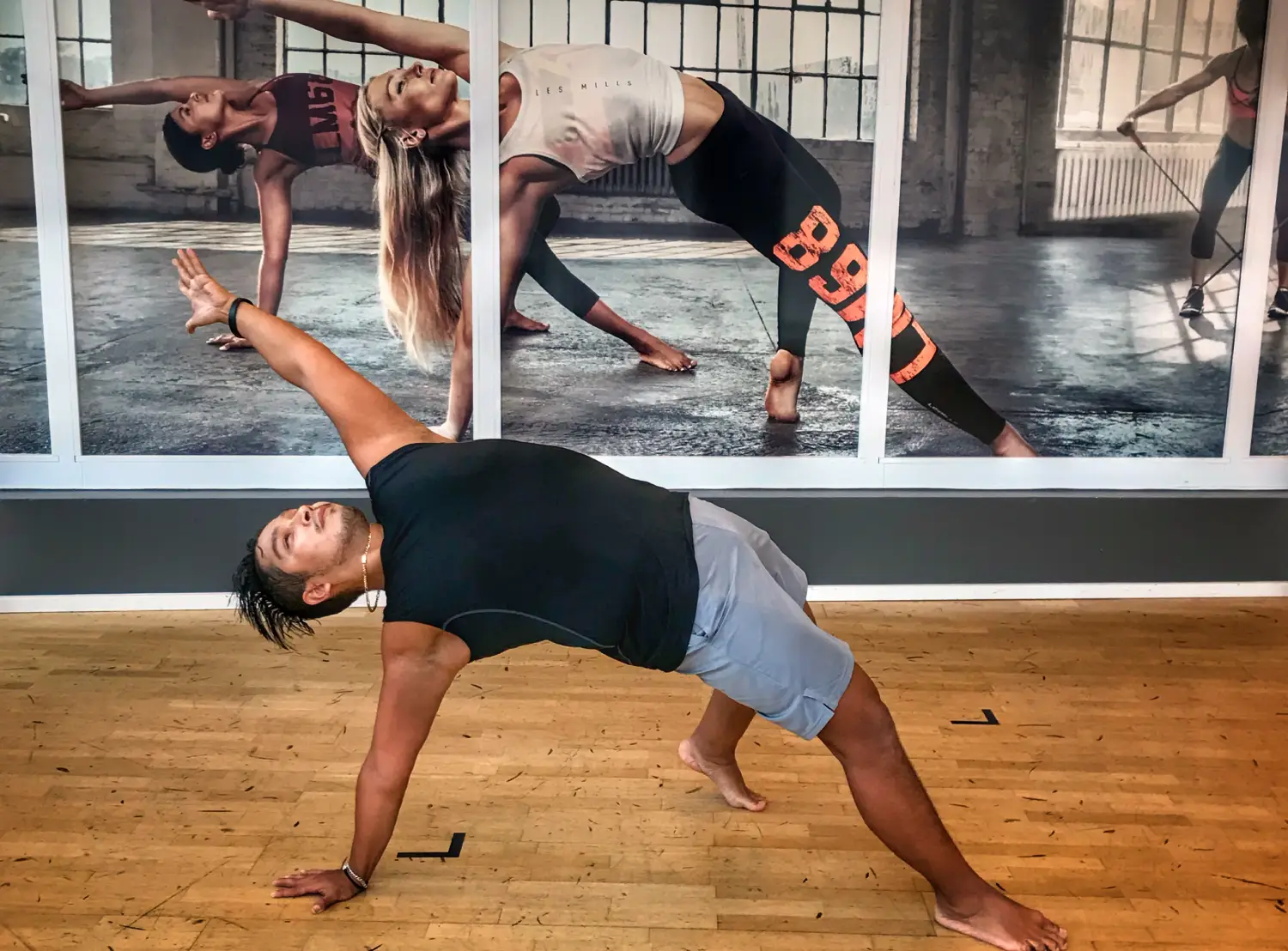

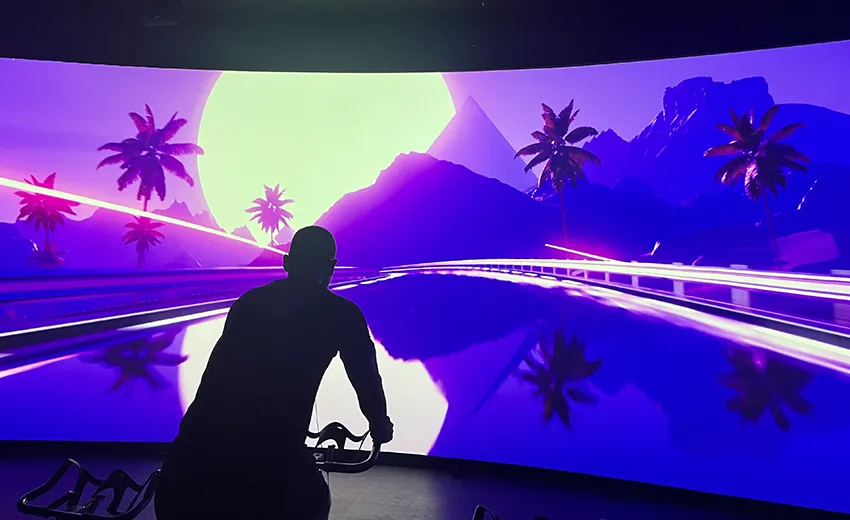
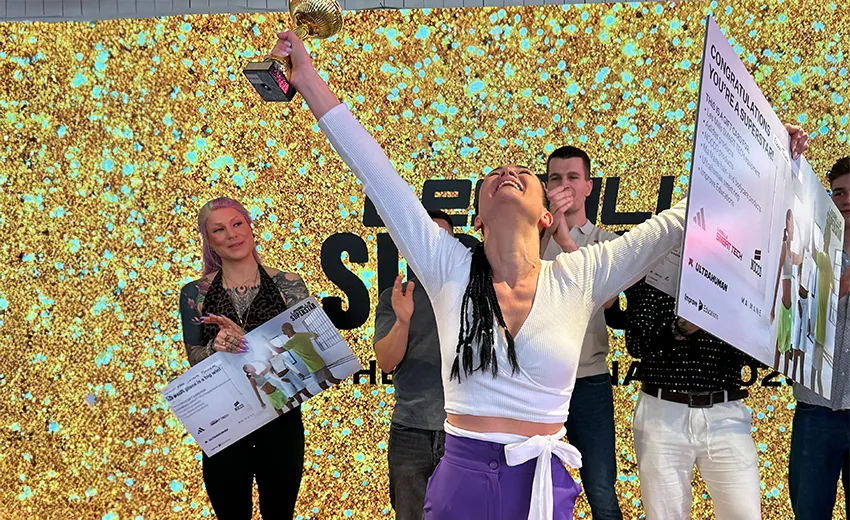
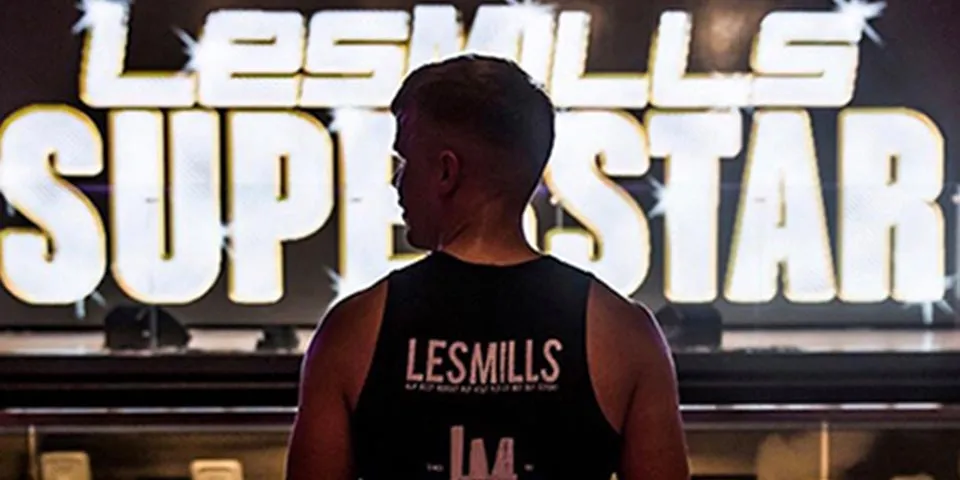

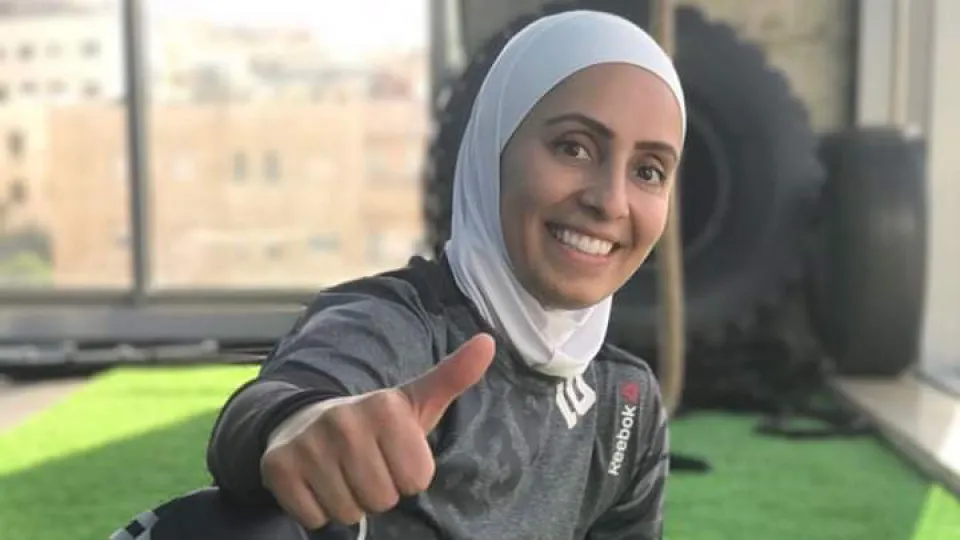
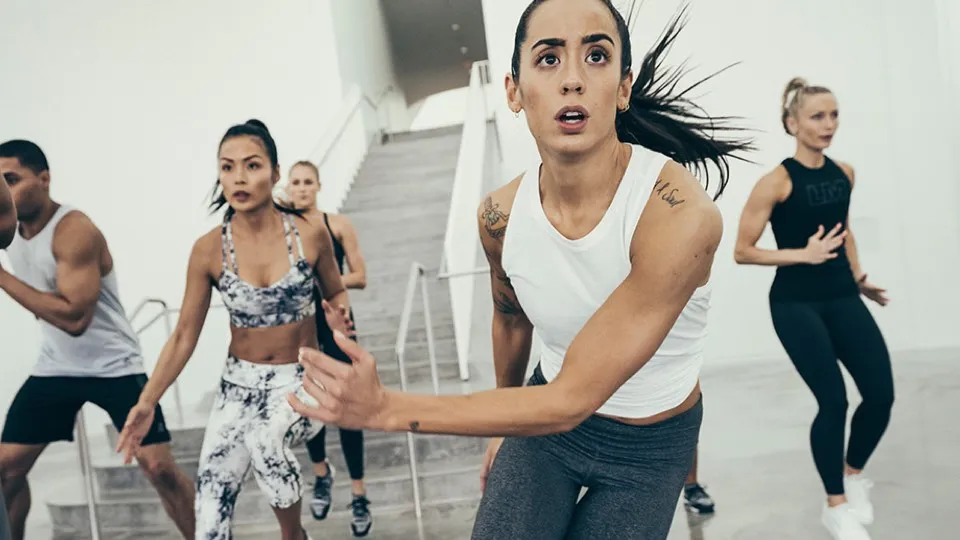


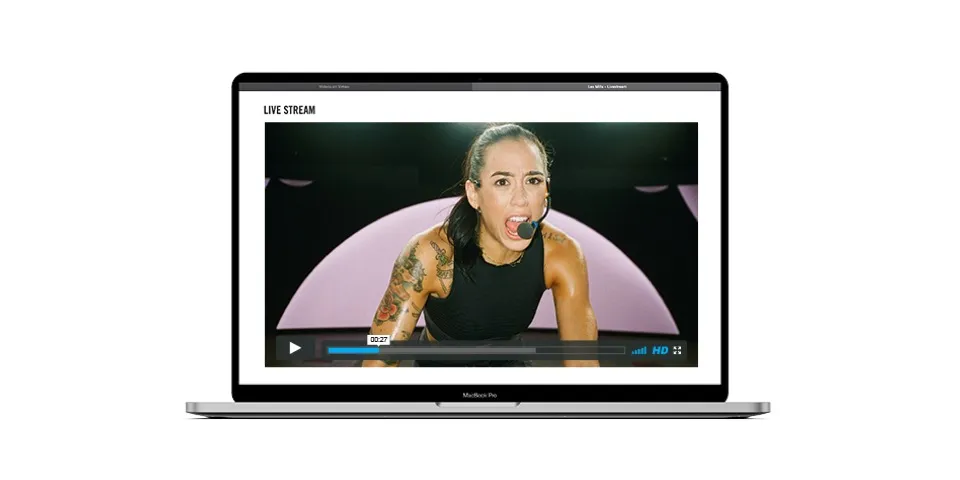

.webp)
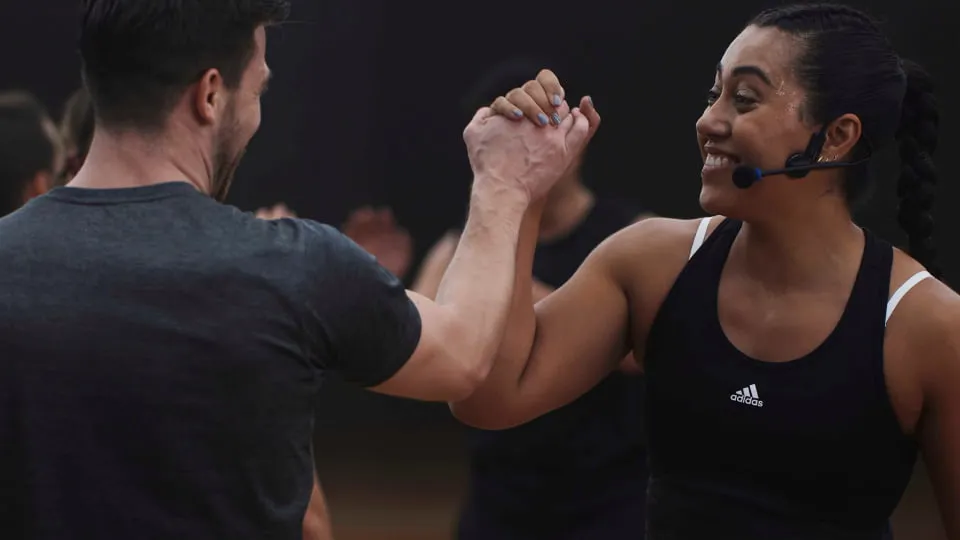
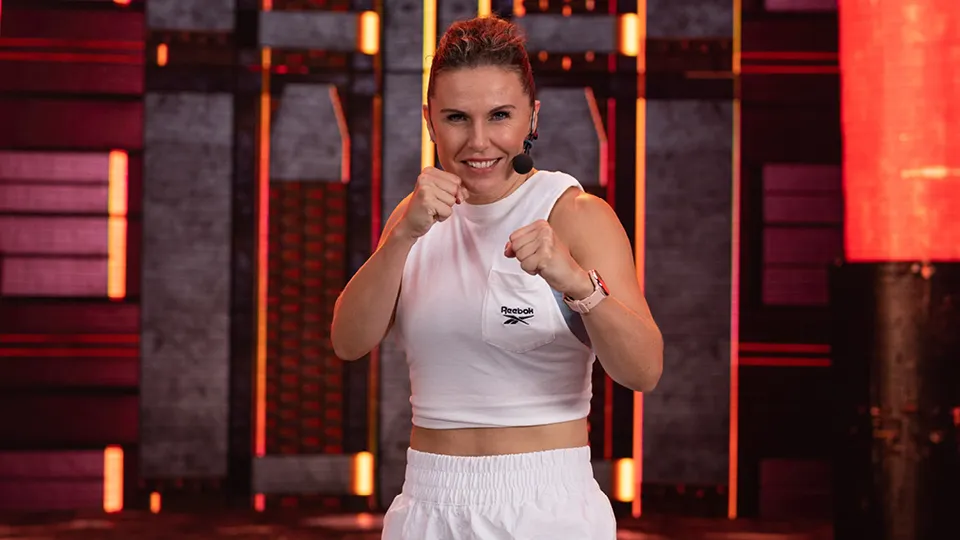
.webp)
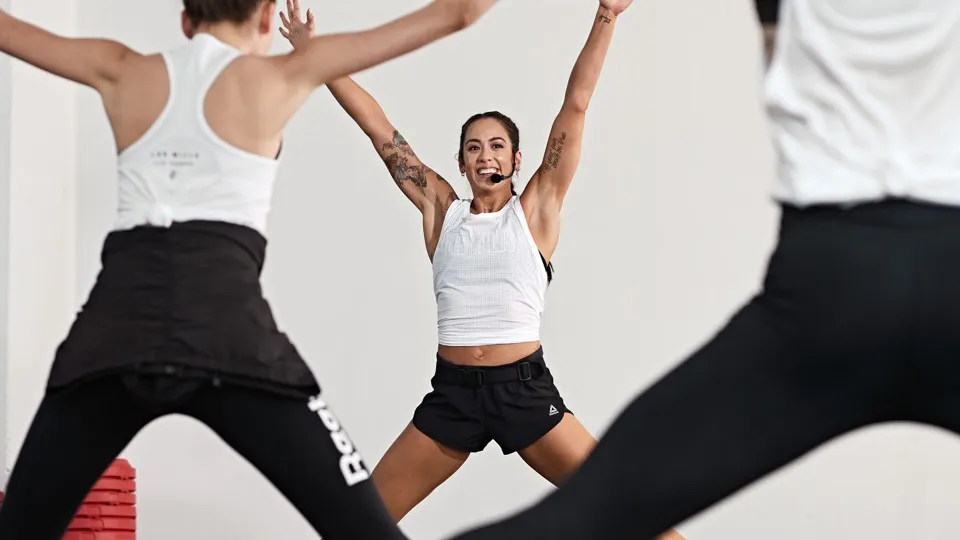
.webp)
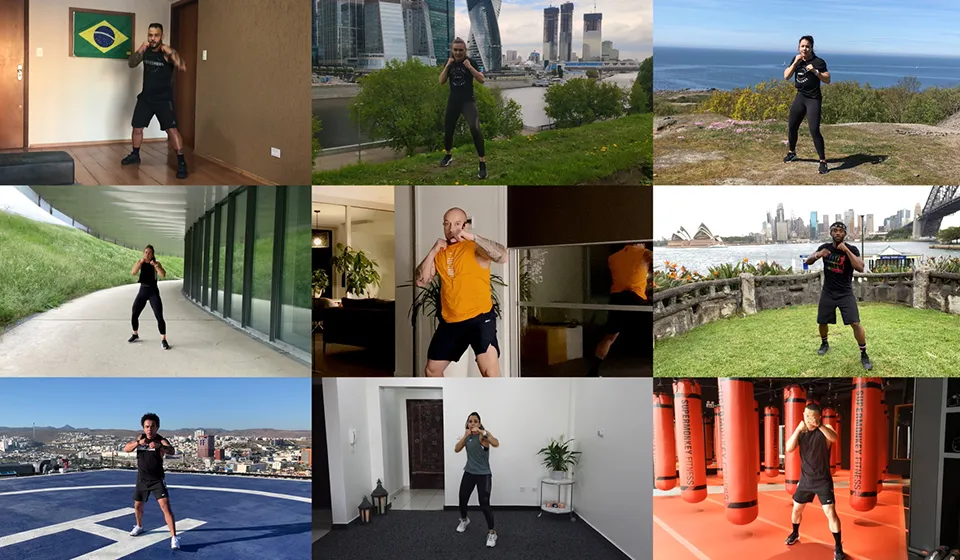
.webp)
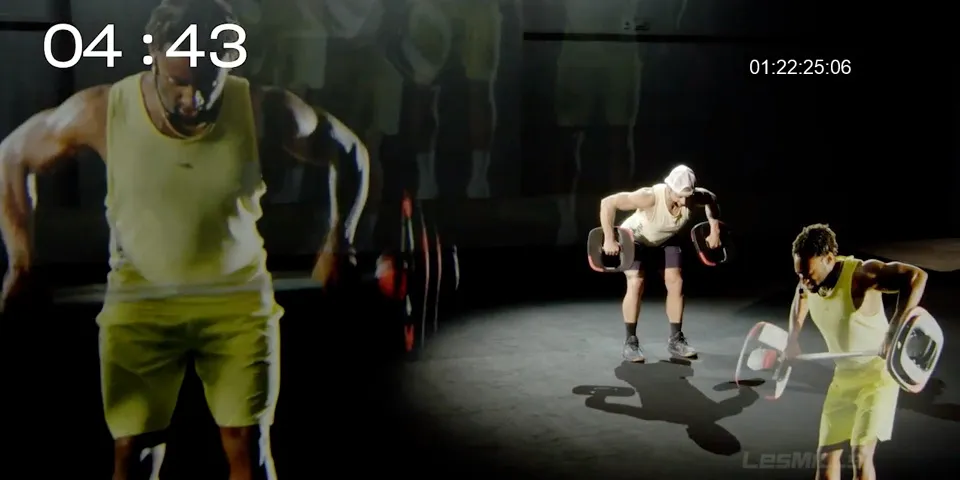
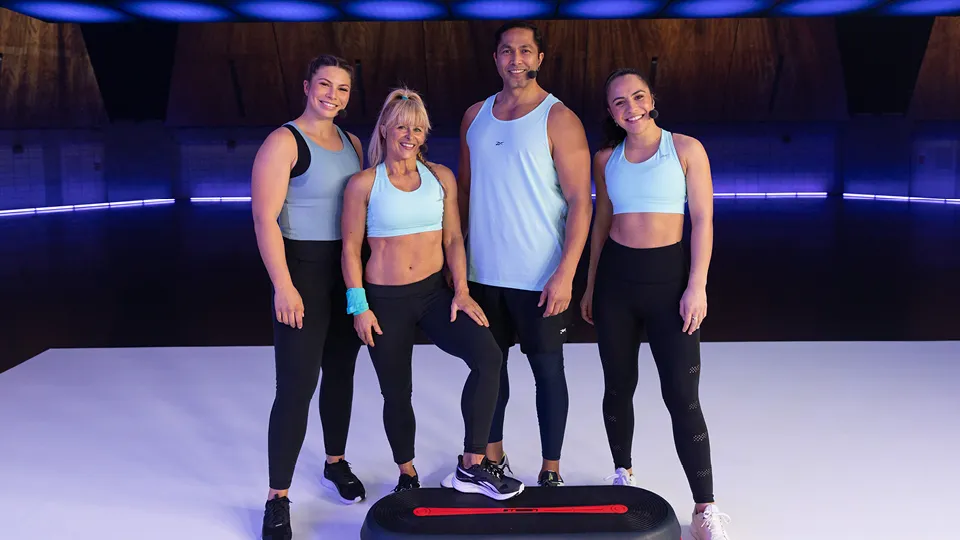
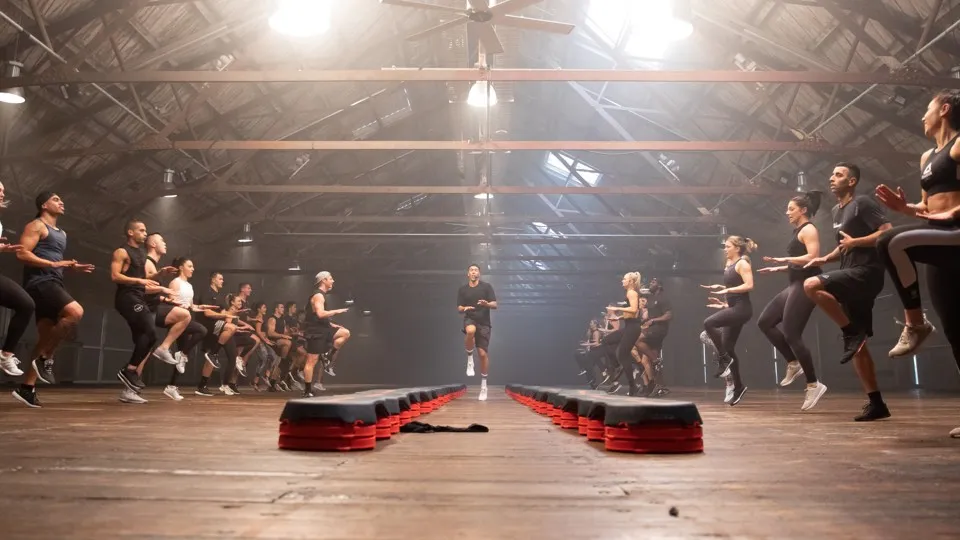

.webp)

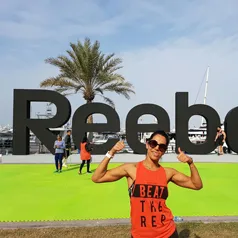
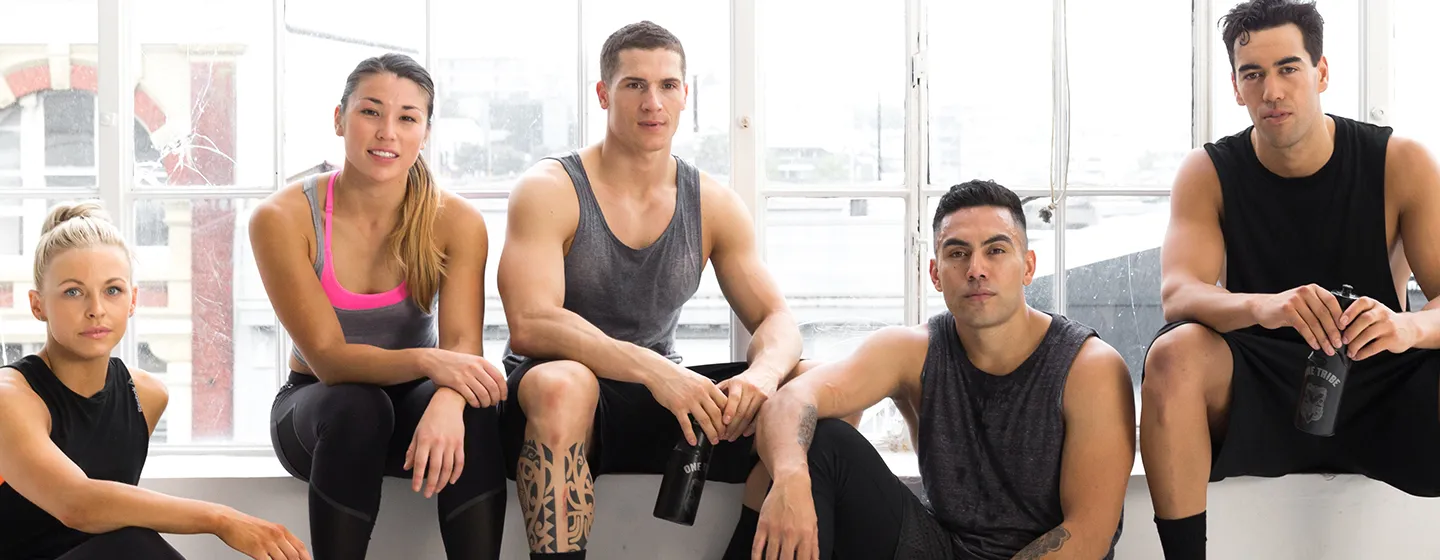

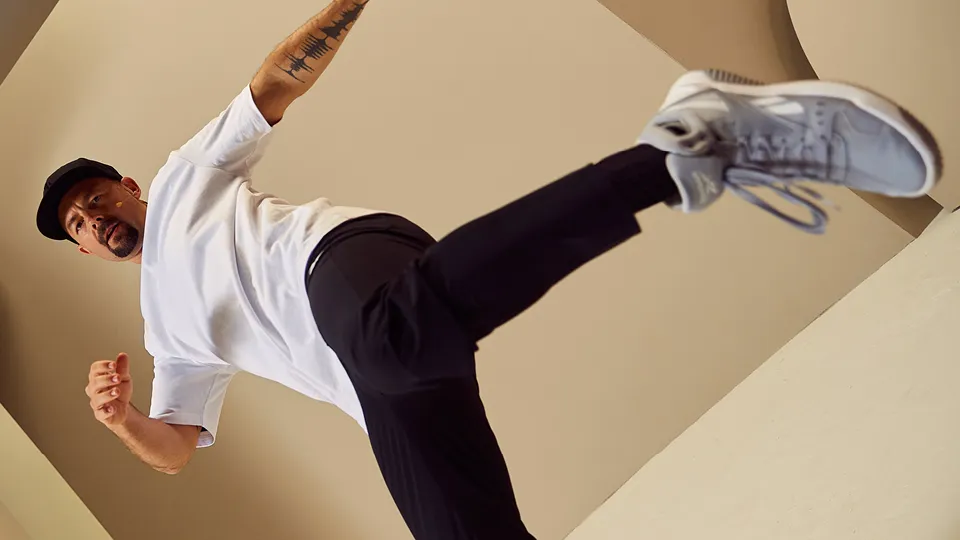
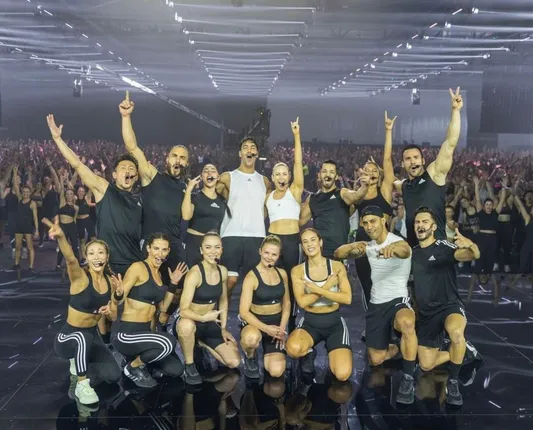
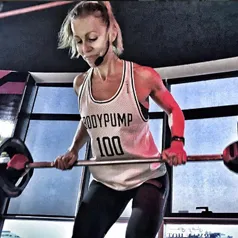
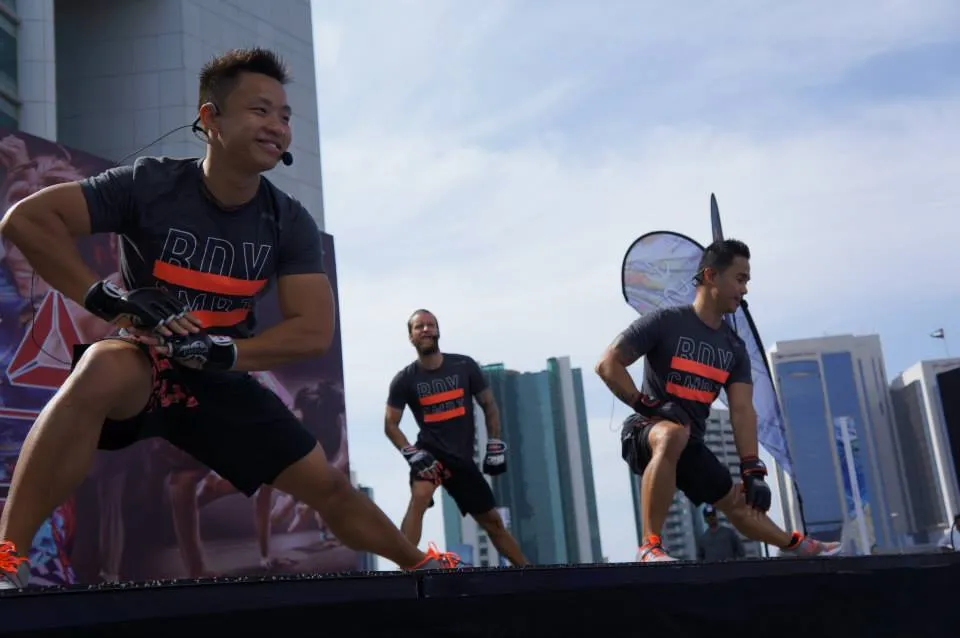
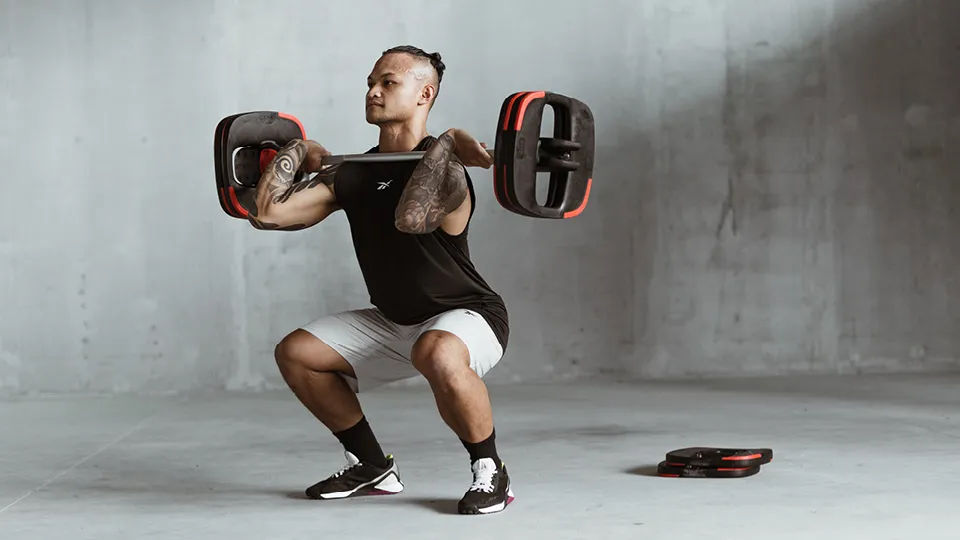
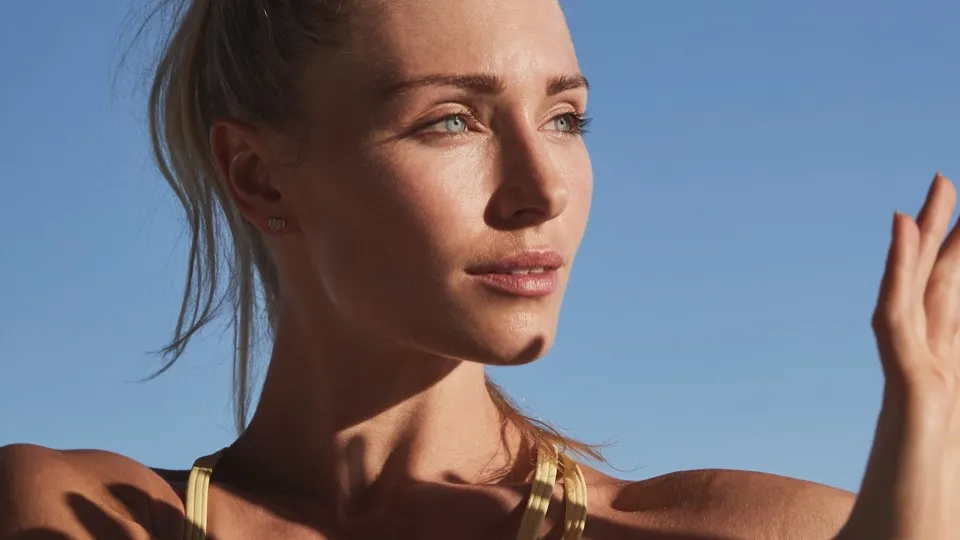
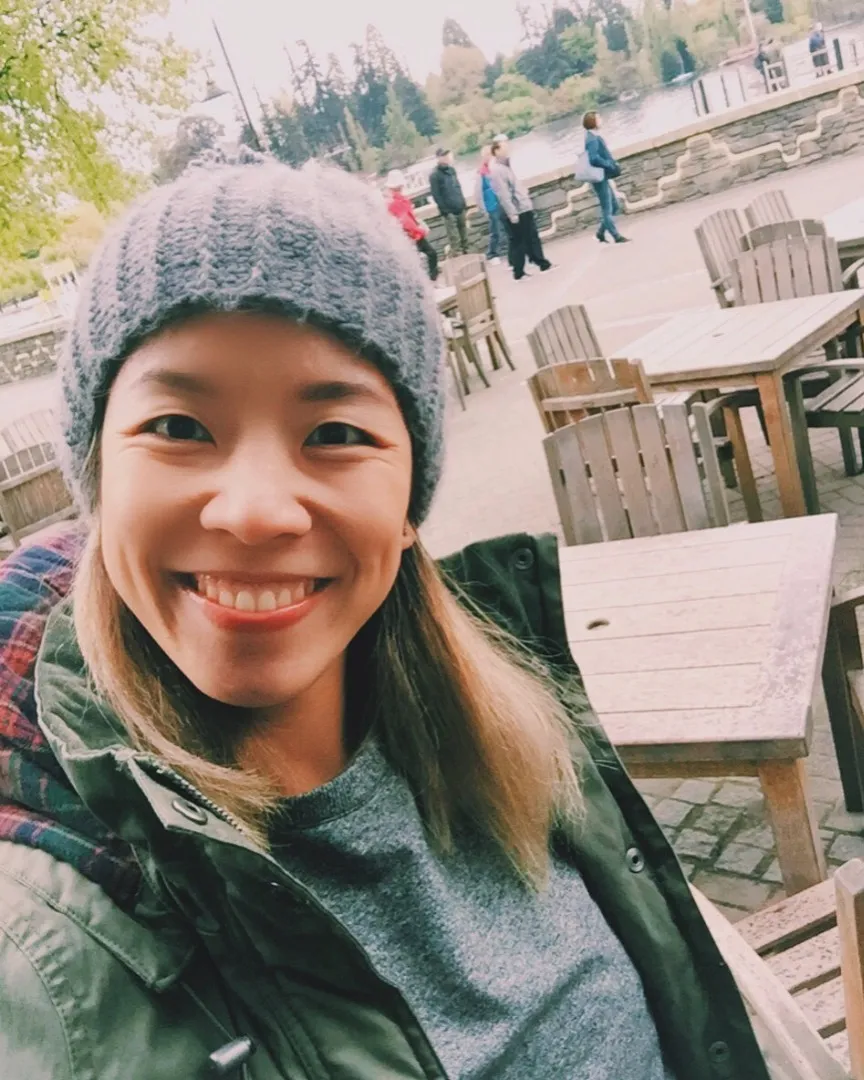
.webp)

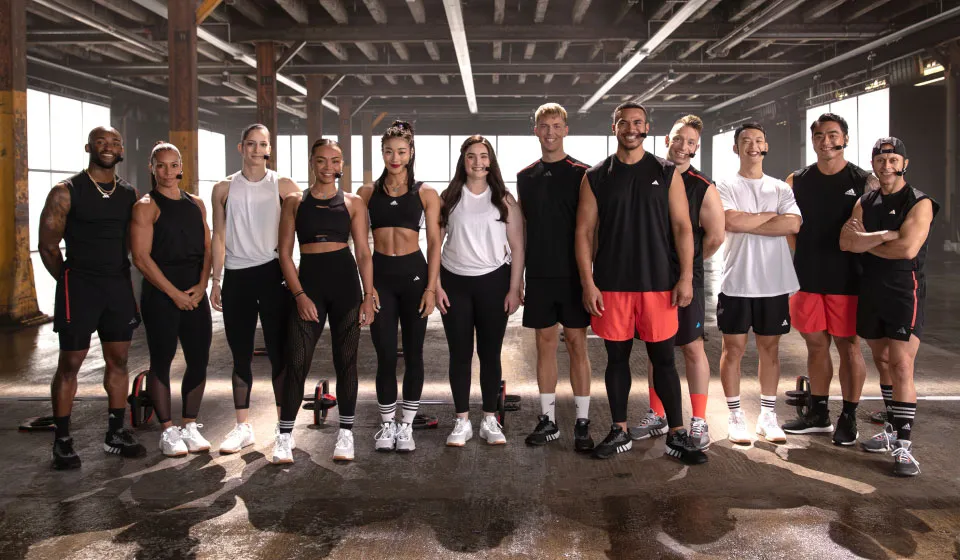
.webp)
.webp)
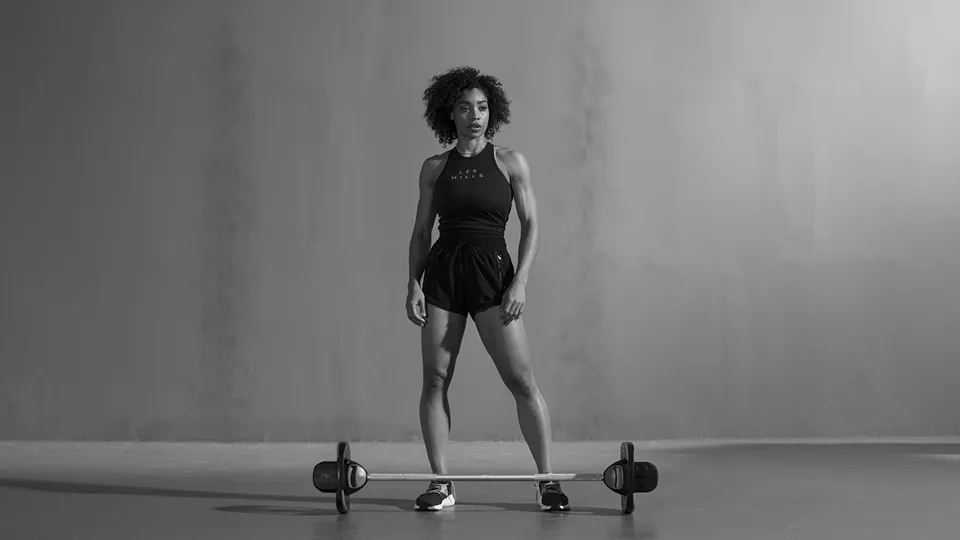
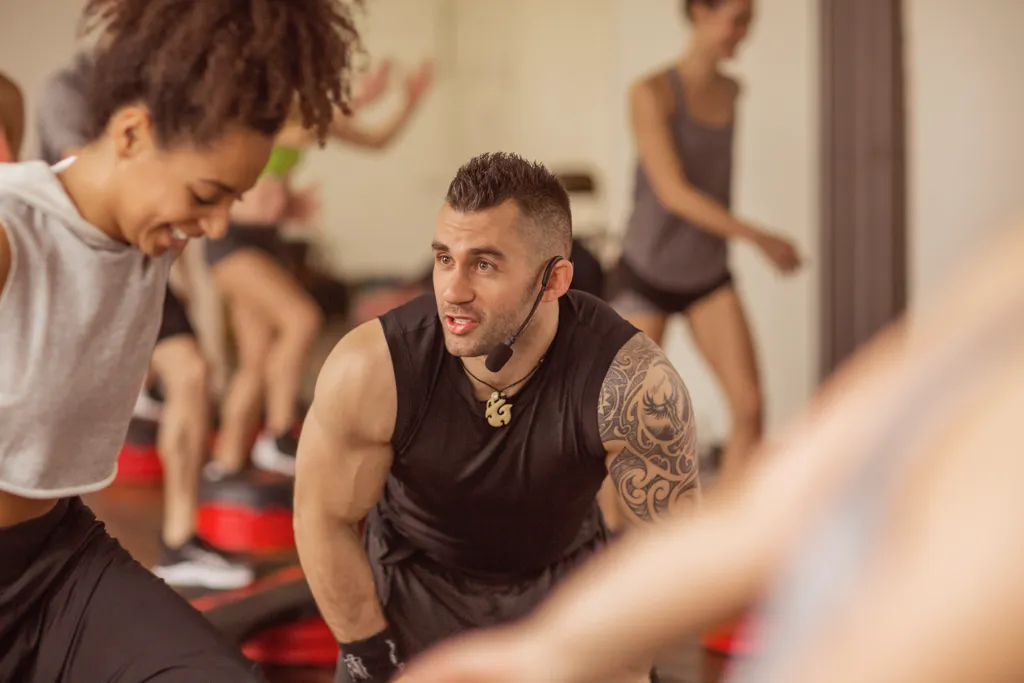
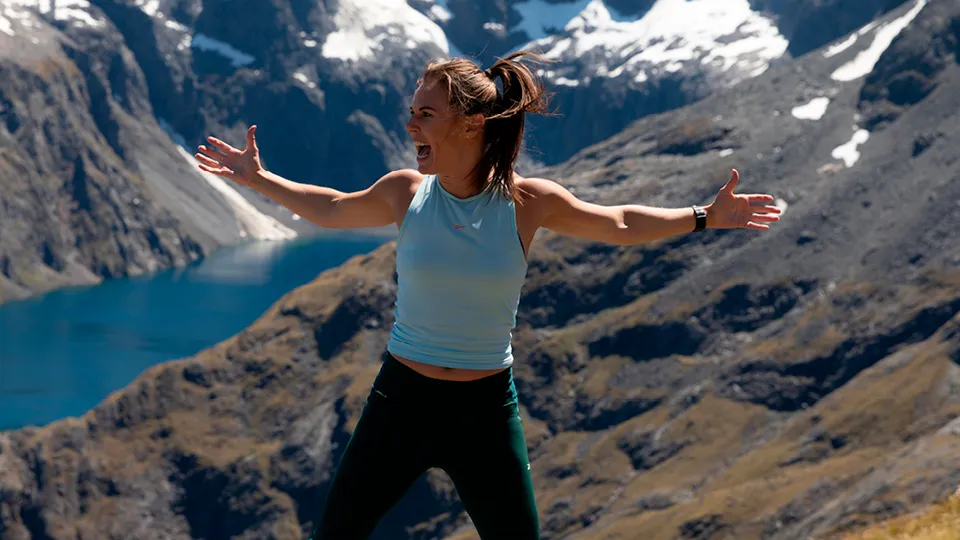

.webp)
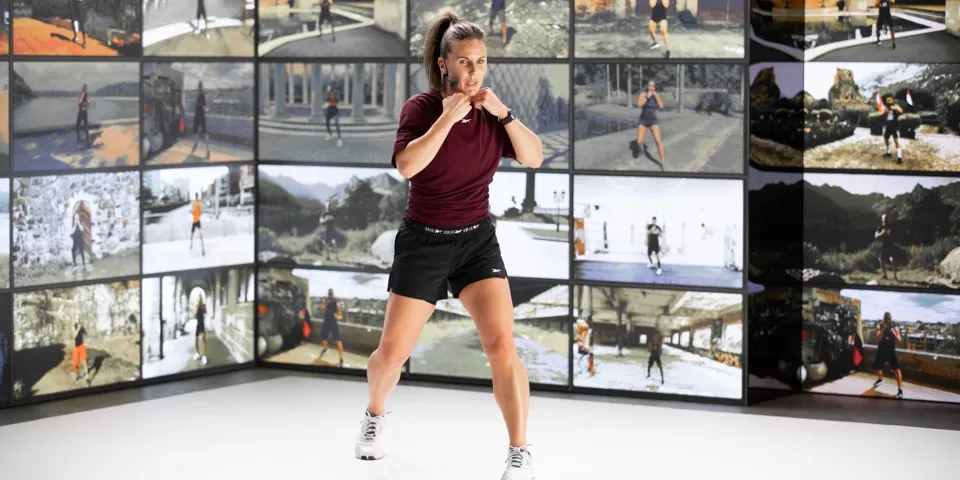
.webp)
.webp)
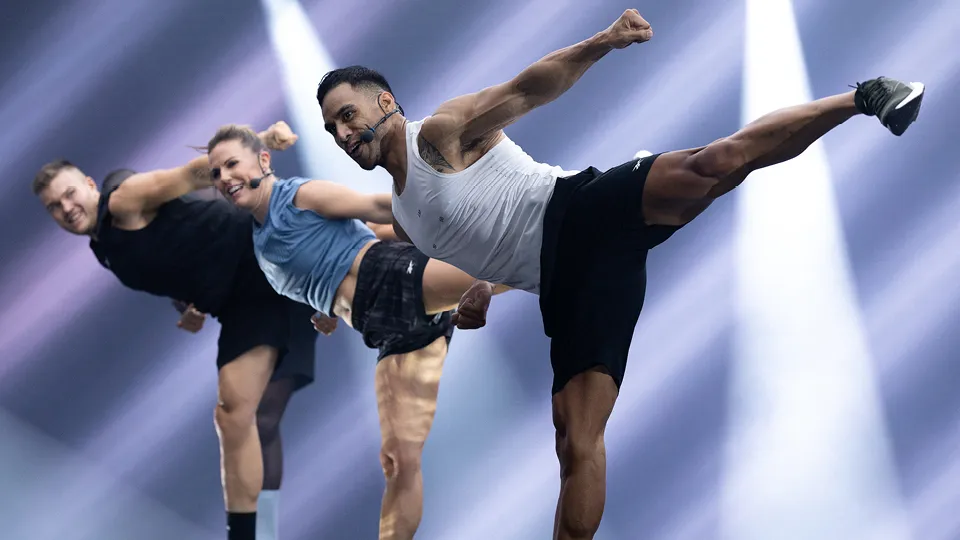


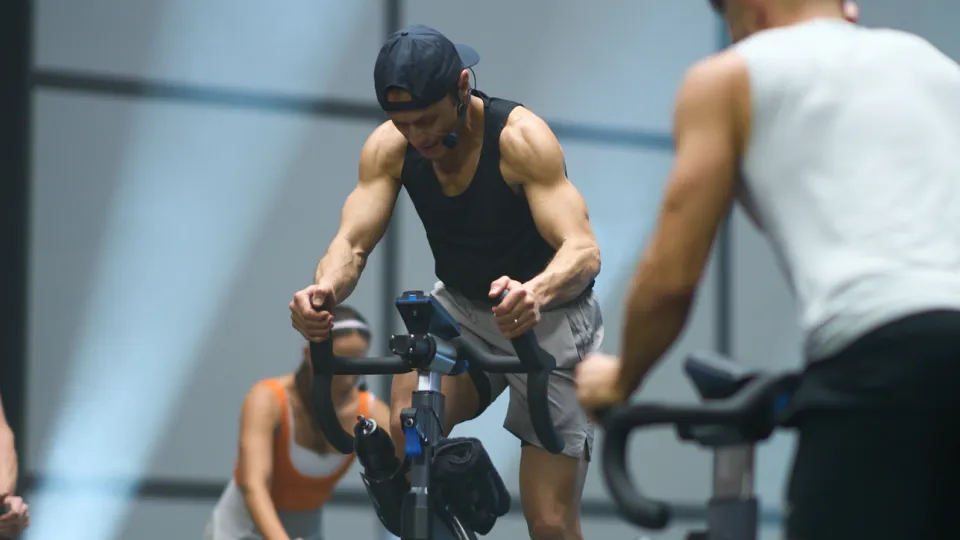
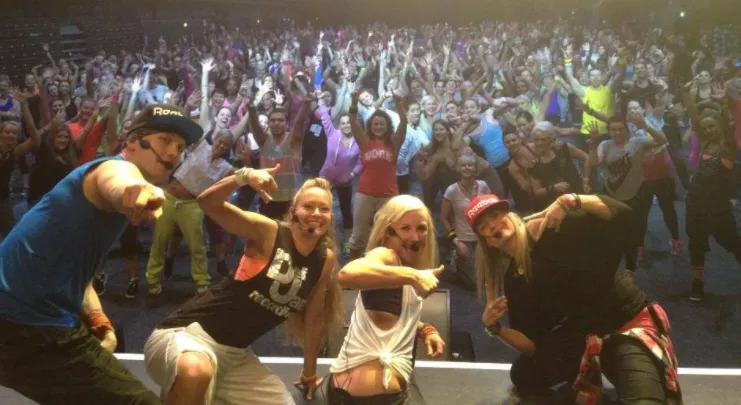
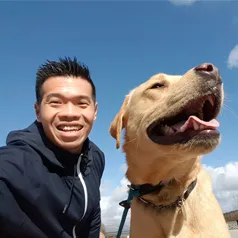
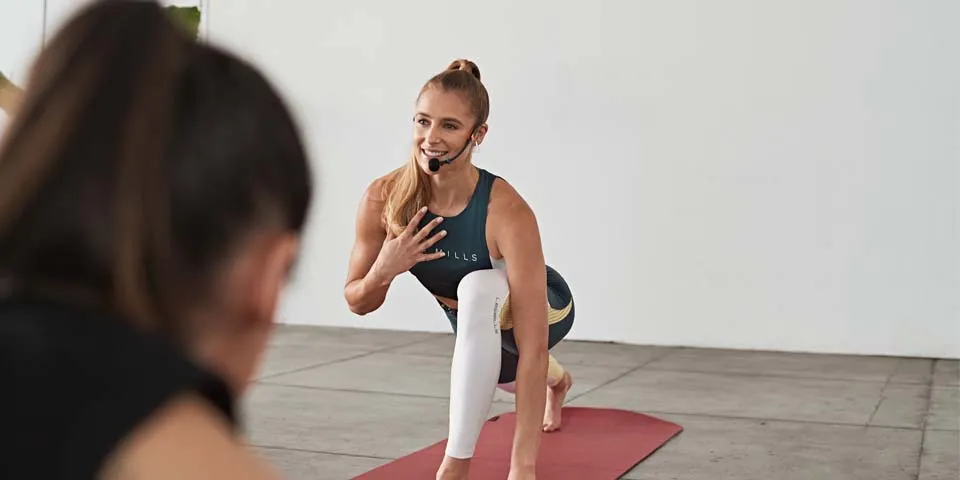
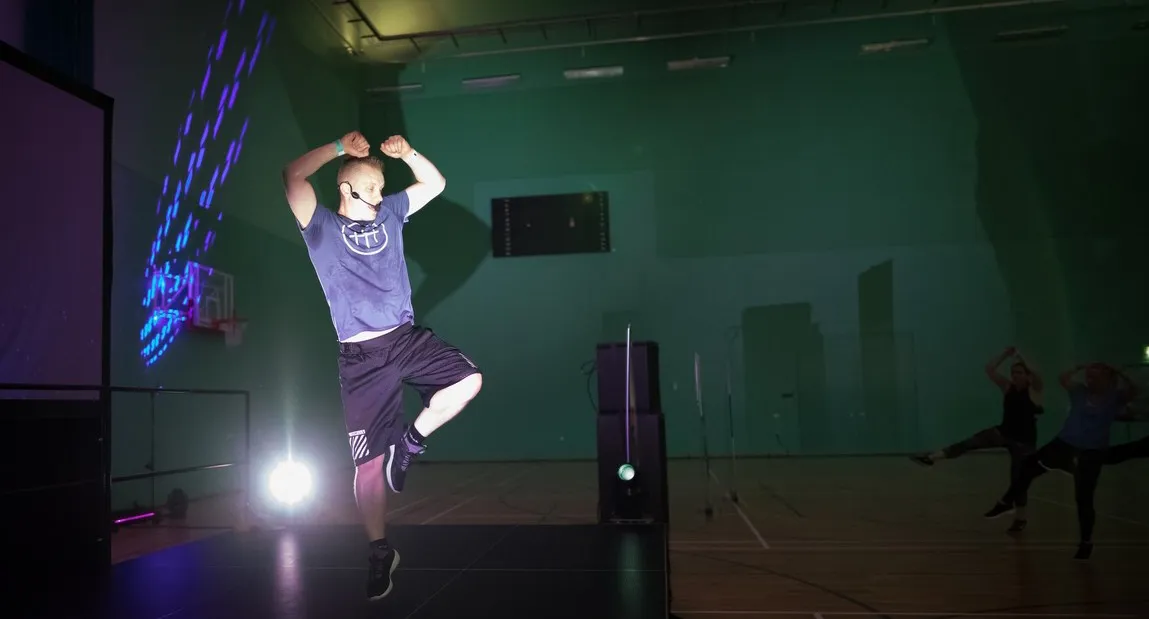
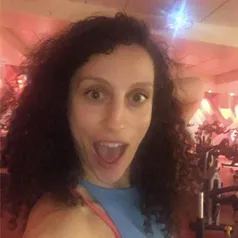
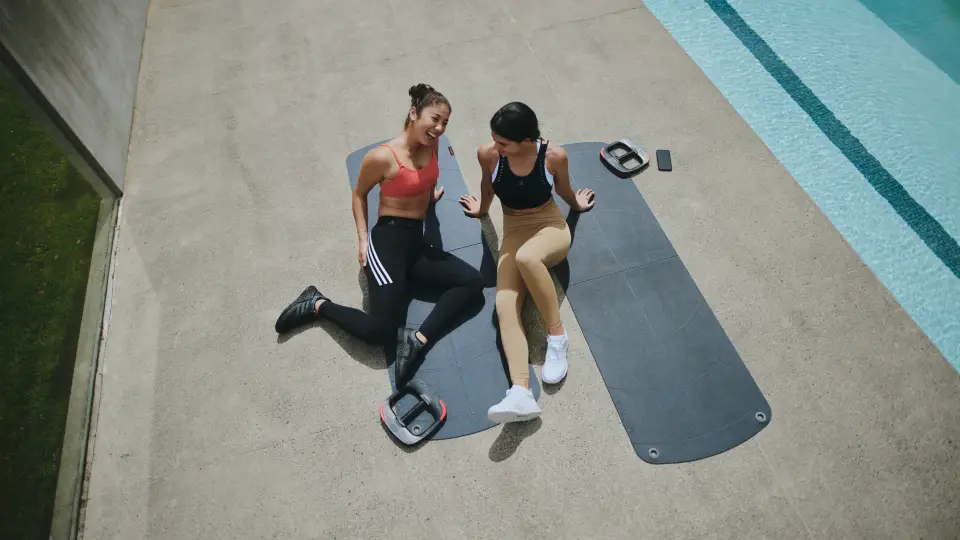



.webp)
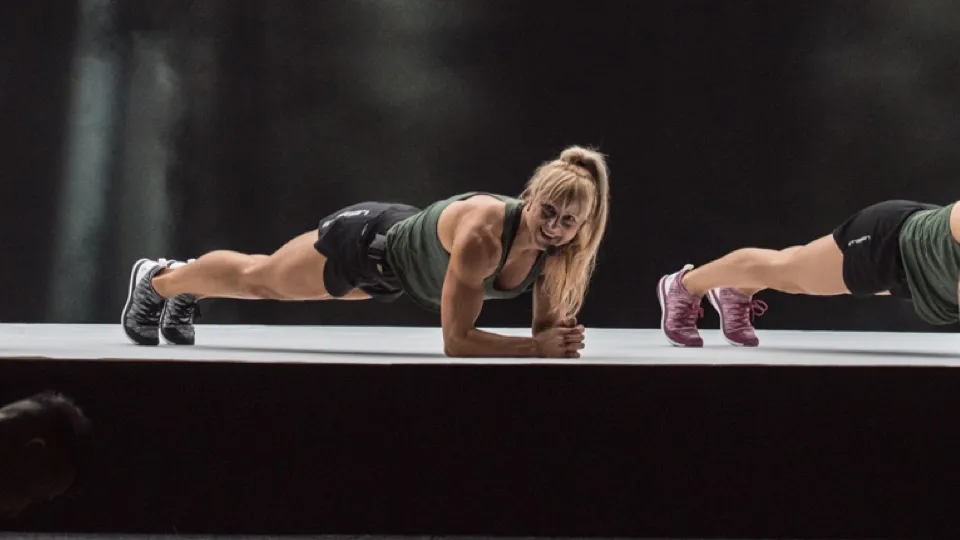
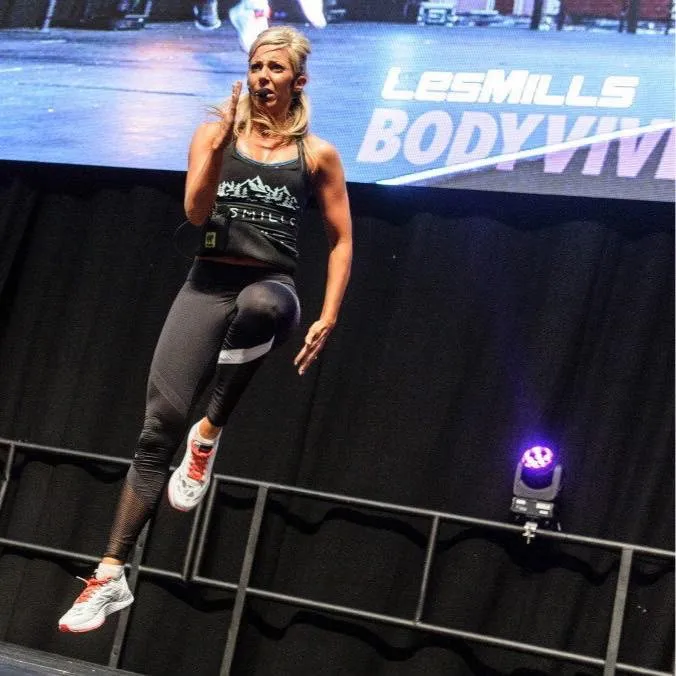
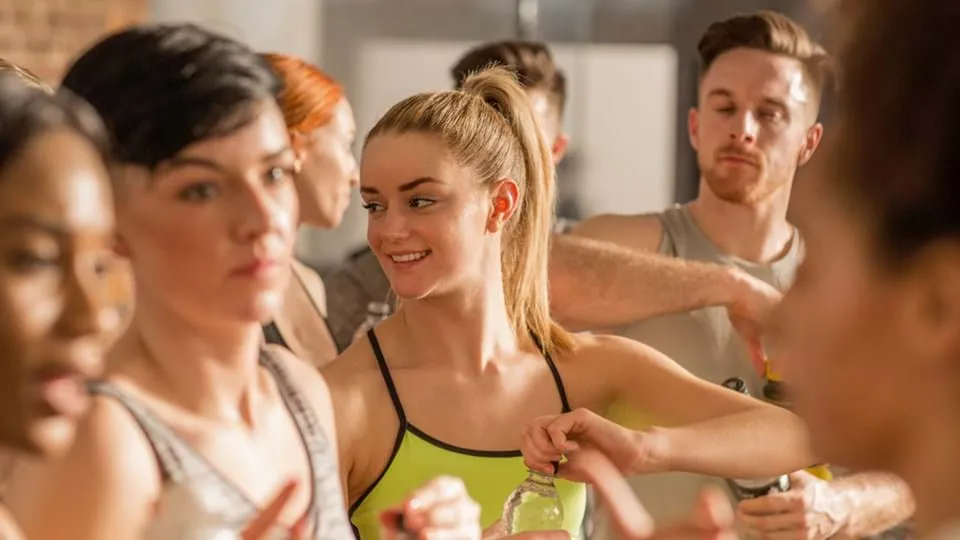

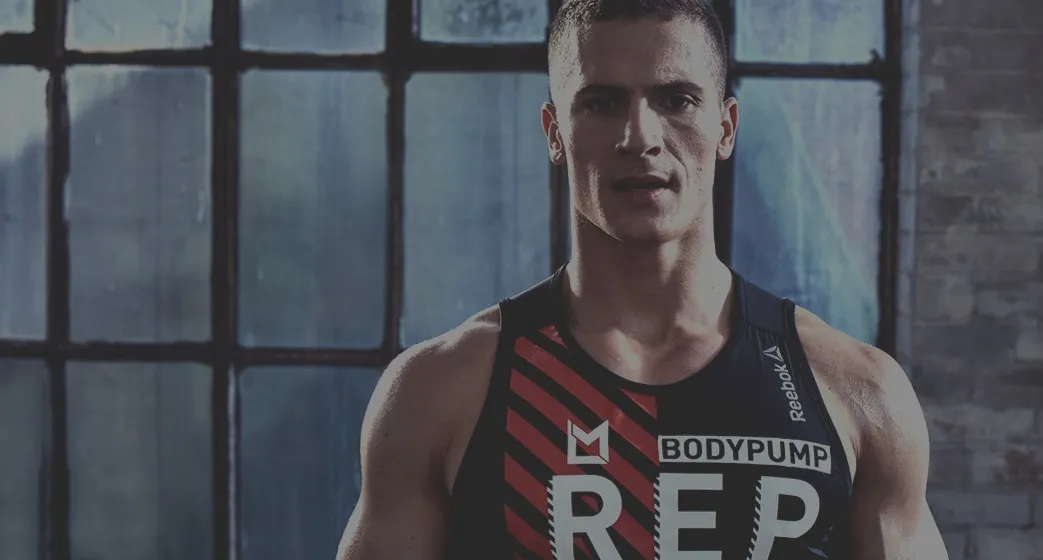
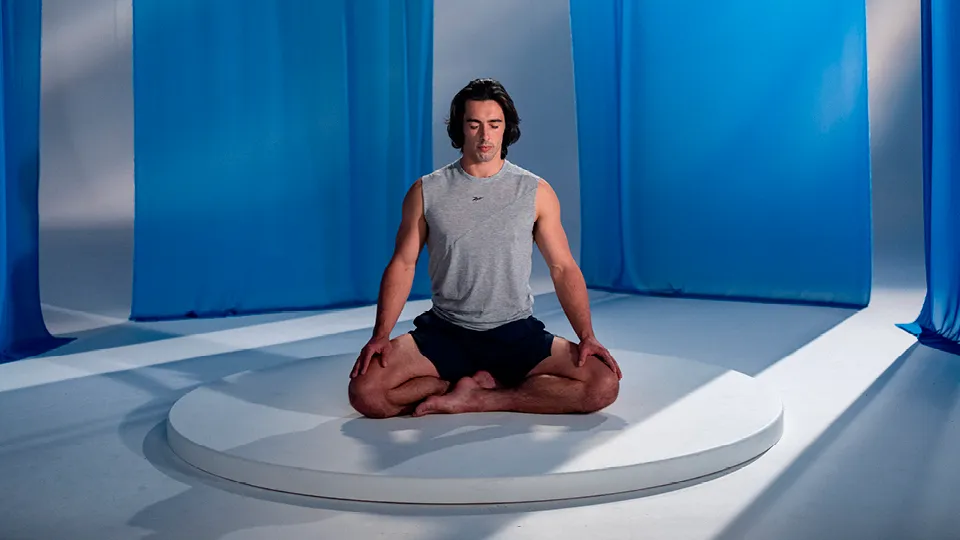
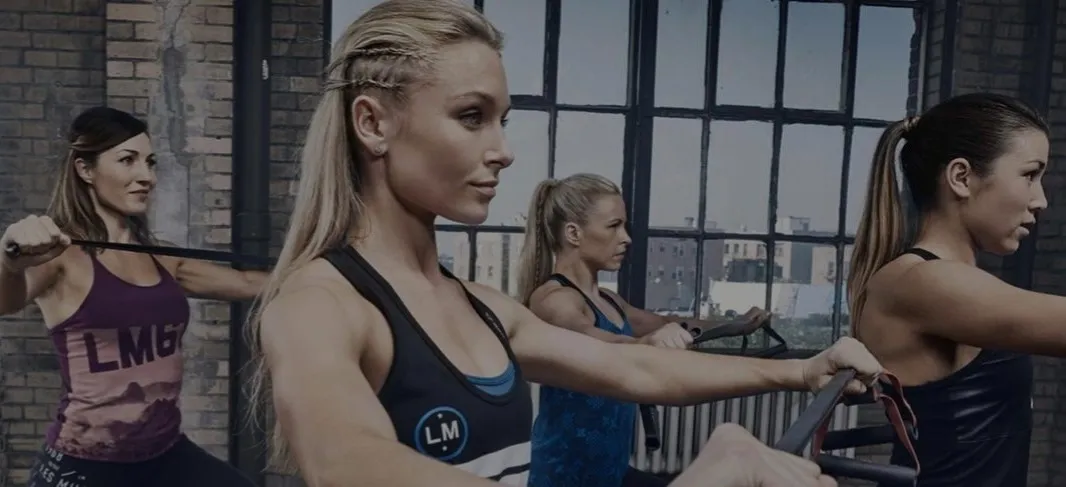
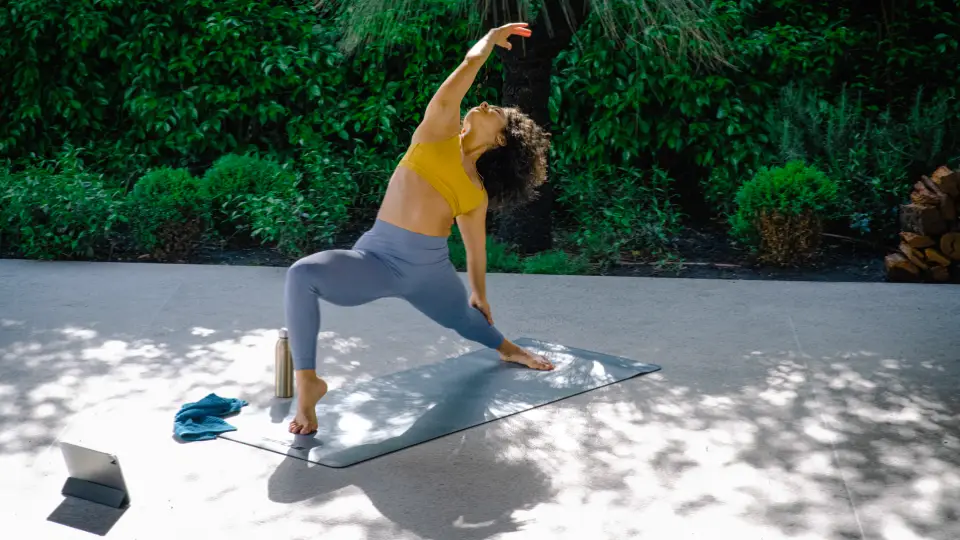
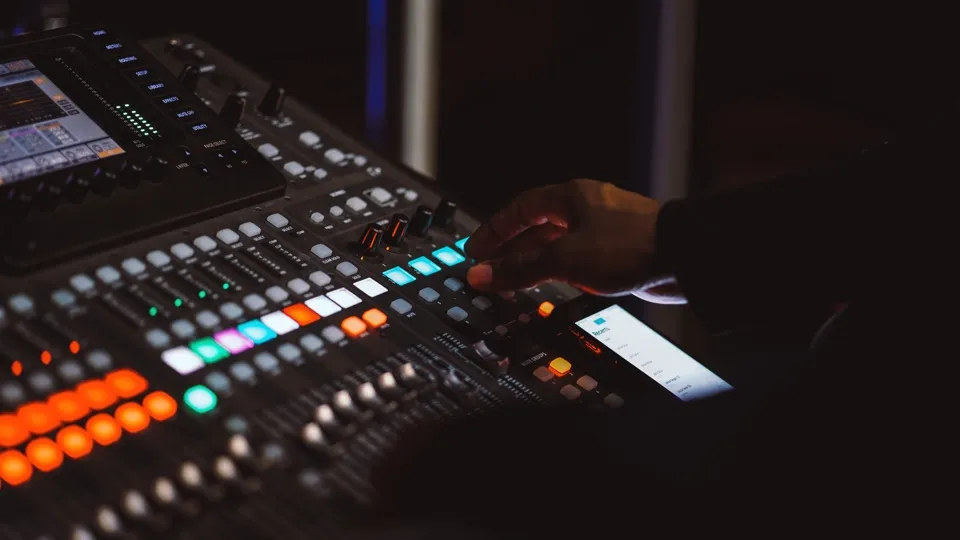
.webp)
